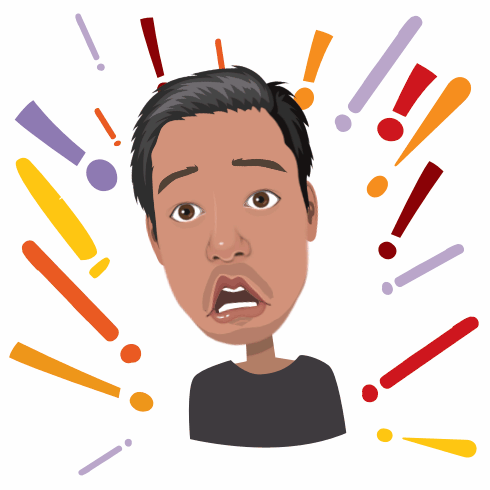Reading Time: 2 minutes
Social anxiety may be described as a crippling fear of being scrutinized, embarrassed or judged by others in social or performance situations. Social anxiety disorder can be very distressing for those who suffer from it. Usually mistaken for shyness, social anxiety usually causes major disruptions social and occupational functioning before one seeks treatment. Most of us are mildly fearful of embarrassing ourselves in social situations or when meeting new people, in up to 3-10% of the population, the fear of embarrassment in unfamiliar places or around unfamiliar people is so high that it leads to significant disruption in normal day to day functioning.
These people are said to be suffering from social anxiety disorder or social phobia. With an age of onset as early as 5 years and usually surfacing during the teen years, social phobia can significantly interfere in one’s social development.
The features of social anxiety disorder include:
- Intense fear of being negatively judged, or criticized.
- Intrusive worry about saying or doing something awkward.
- Feelings of inferiority.
- Fear of rejection or embarrassment in social situations
- Reluctance to express opinions or initiate conversations.
- Avoidance of potentially distressing situations.
- The physical symptoms of anxiety such as tremors, nausea, dizziness, palpitations etc.
It all started in secondary school where I found it hard to make friends. I liked the classroom work but disliked the playground where I felt lonely and neglected. If an event or function has already started I find it very difficult to enter. I might wait and hope for others to come along late so I can go in with them. I always moved from one group to another, constantly feeling like a misfit and that I never fitted in anywhere. My reply to invitations to go out with friends would always be no and I would provide them with an excuse. I thought it was safer to stay at home so people wouldn’t see my awkwardness and shyness but I still longed to fit in with my peers and converse naturally with them.
Source – Socialanxietyireland.com

What causes social anxiety disorder ?
A number of factors including rejecting and/or overprotective parenting, genetic factors, childhood adversities and neurochemical imbalances can lead to social phobia. Whatever the primary cause may be, social phobia is fed by AVOIDANCE. The more one avoids a phobic situation, the more phobic they become. When this starts at an early age, people tend to define themselves by their fears and restrict their goals and aspirations secondary to the same.
How is social anxiety treated ?
Psychotherapy in the mainstay of treatment. Relaxation techniques can be helpful in managing the physiological manifestations of anxiety. Exposure and response prevention and systematic desensitization are useful techniques that can help people slowly overcome their fears. CBT can be helpful in restructuring distorted thinking styles that lead to anxiety. Medication may be helpful to address underlying neurochemical abnormalities.
Take a quick, free social anxiety screening test
If you have been experiencing excessive social anxiety, please reach out to a qualified mental health professional.